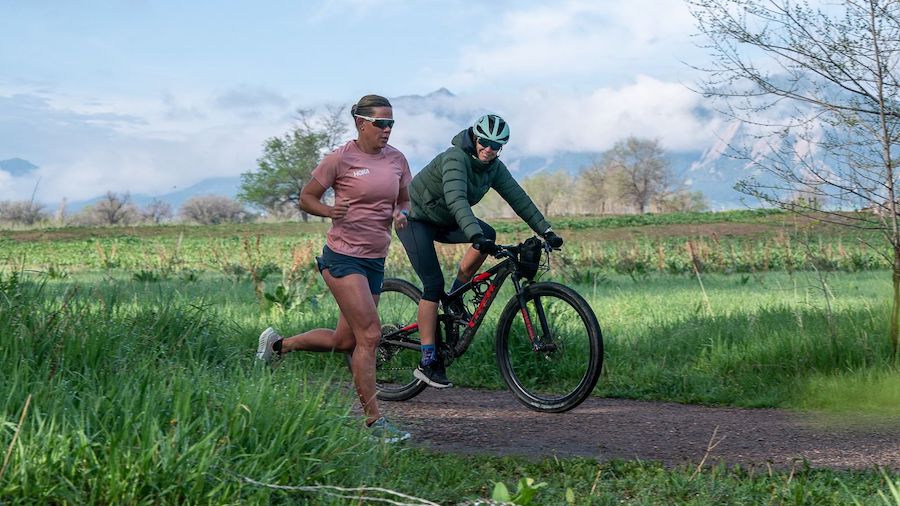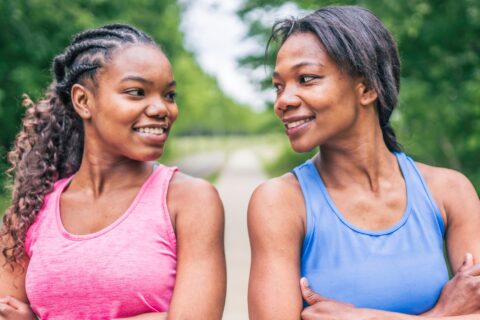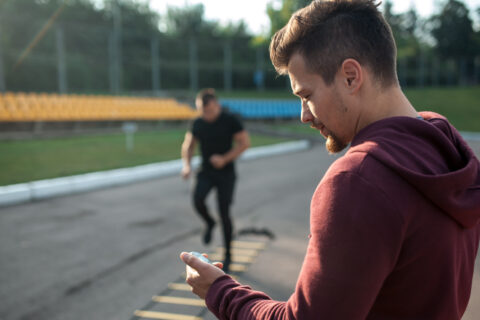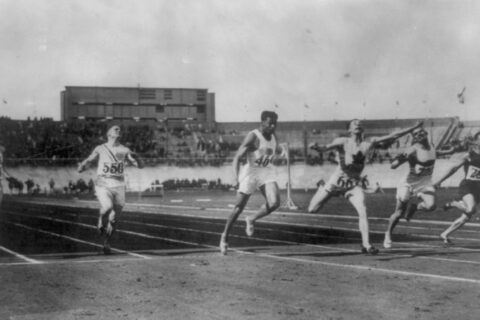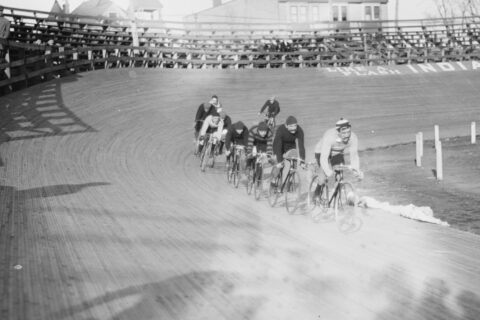Four-time world champion triathlete Julie Dibens talks about the biggest lessons she has learned during her transition from athlete to coach.
Four-time world champion triathlete Julie Dibens talks about the biggest lessons she has learned during her transition from athlete to coach.
